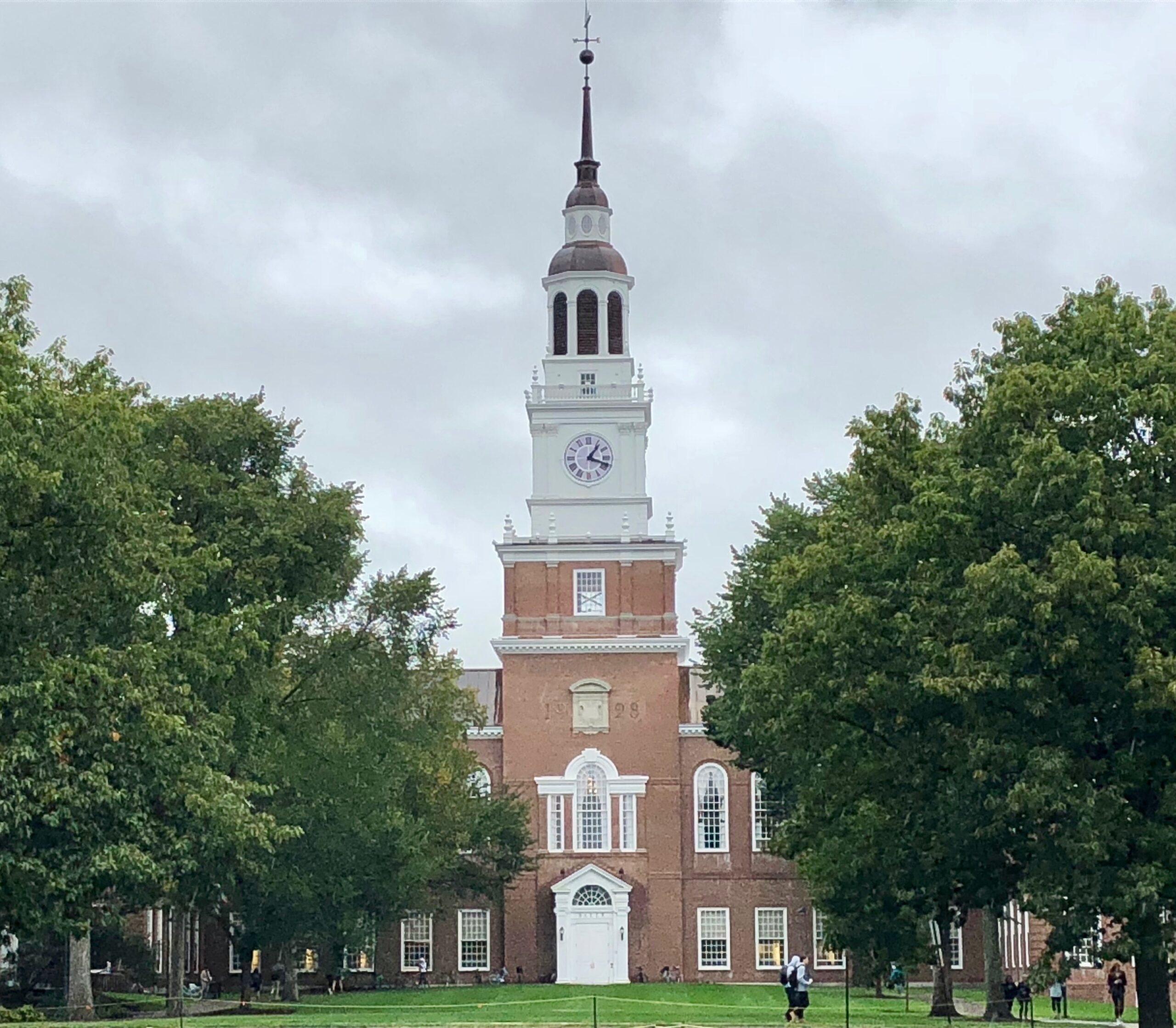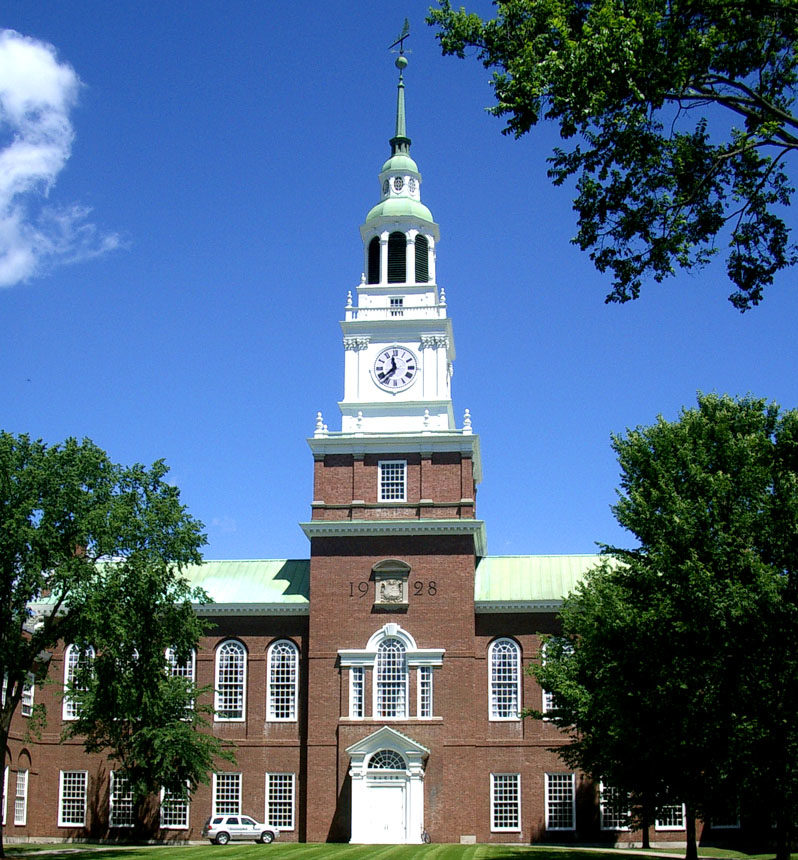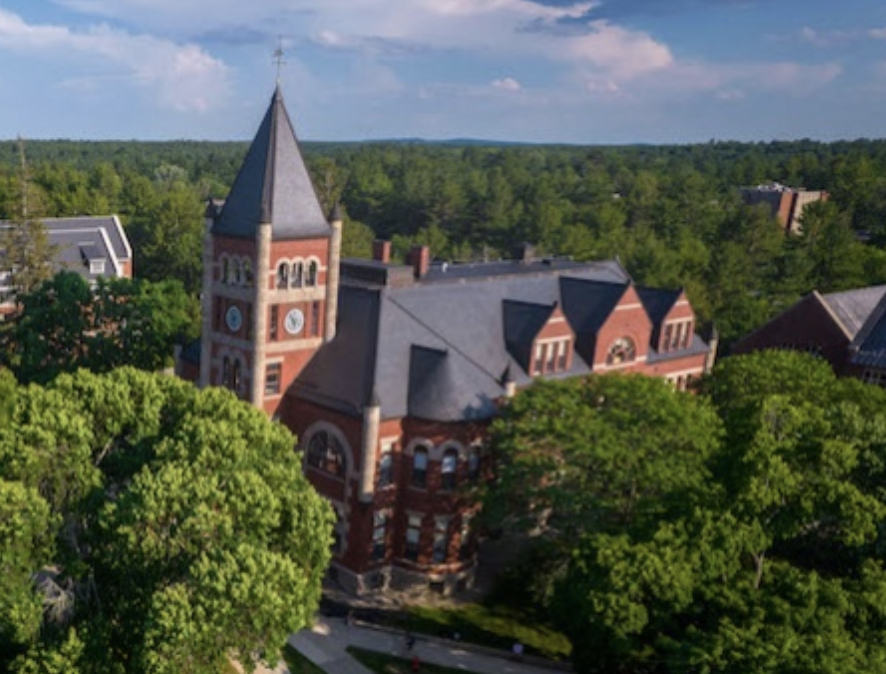Jewish Federation to Dartmouth UNH: Keep Jewish Students, Faculty Safe

As Granite State college campuses prepare for a new semester to begin in the coming weeks, the Jewish Federation of New Hampshire has written Dartmouth College and the University of New Hampshire urging them to ensure the safety of Jewish faculty and students.
“Our goal at the Jewish Federation of New Hampshire is to protect Jewish students and faculty, to ensure they are safe and feel comfortable on campus. It’s not our job to decide who gets prosecuted for breaking the rules and who doesn’t,” Federation board chair Tracy Richmond told NHJournal. “All we are asking is that the universities follow and enforce their own rules and policies, and that they do so consistently.”
In the letter, sent to Dartmouth’s Sian Beilock and UNH’s Elizabeth Chilton, the Federation wrote, “As you know, there has been a surge of antisemitism since Hamas’s brutal terrorist attack on Israel on Oct. 7. Sadly, New Hampshire has not been immune, and our universities have faced the same disruptive anti-Israel protests as schools in other states.”
“Jewish students have the right to access education free from intimidation, harassment, and discrimination. Furthermore, there is no legitimate justification for students who encourage violence,” the Federation added.
Neither Beilock nor Chilton responded to NHJournal’s request for comment. And according to Richmond, the schools have yet to respond to the Federation’s letter dated July 25.
The fundamental message, Richmond said, is that institutions should impose the same rules on all students, and they should enforce them as well.
“We ask you to make it clear that activists cannot disrupt the functioning of the university without penalty. We ask UNH to protect viewpoint diversity, civil discourse, and the rights and safety of Jewish and pro-Israel students,” the Federation wrote. “We urge you to continue consistently enforcing rules and ensure that students and faculty that break them face disciplinary consequences.”
Both UNH and Dartmouth were rocked by protests in May, part of a national effort by pro-Palestinian and some pro-Hamas groups. More than 100 people were arrested between the two schools, the majority at Dartmouth. Nearly all of the people arrested at UNH recently had their cases dropped.
While some protesters focused their message on how Israel is waging its war with Hamas, others expressed anti-Jewish sentiments, including the antisemitic chant, “From the river to the sea, Palestine shall be free.” At UNH, protesters chanted, “U.S., Israel — go to hell!”
The antisemitism isn’t limited to campuses. Across the U.S., there has been a surge in anti-Jewish violence, including mobs pouring into the streets of Washington to protest a speech by Israeli Prime Minister Benjamin Netanyahu. Those protests featured the burning of American flags, waving Hamas flags, assaulting police, and vandalizing monuments with graffiti including “Hamas is coming.”
In New Hampshire, Marxist radicals with Palestinian Action U.S. targeted the Israeli-owned Elbit Systems facility in Merrimack for destruction during a protest weeks after the Oct. 7 terror attack.
The Federation’s letters to UNH and Dartmouth come as U.S. District Judge Richard Stearns denied a motion to dismiss the antisemitism lawsuit against Harvard, ruling that the Ivy League school “failed its Jewish students,” based on the evidence.
According to The Wall Street Journal, six Jewish students brought the federal lawsuit claiming they didn’t feel safe on campus and that Harvard didn’t punish antisemitic student protesters and faculty members. Stearns wrote in his ruling that Harvard’s public statements that it would discipline students and faculty accused of antisemitism were mostly “proved hollow.”
Richmond told NHJournal the Harvard ruling is a win that will help hold institutions, like colleges, accountable.
“I am thrilled Harvard is being held accountable and I believe they should have their day in court to explain their policies and behavior,” Richmond said.
Colleges already have rules in place protecting students from discrimination and violence, Richmond said. The Federation wants to make sure those rules don’t get ignored when it comes to protecting Jewish students and faculty.
“And if these institutions have rules in place, and Jewish students or faculty still don’t feel safe on campus — that’s the problem,” Richmond said.
“We wrote to UNH and Dartmouth to let them know that, when the new semester begins and students return to campus, the Jewish Federation of New Hampshire is here, and we will be watching.”










